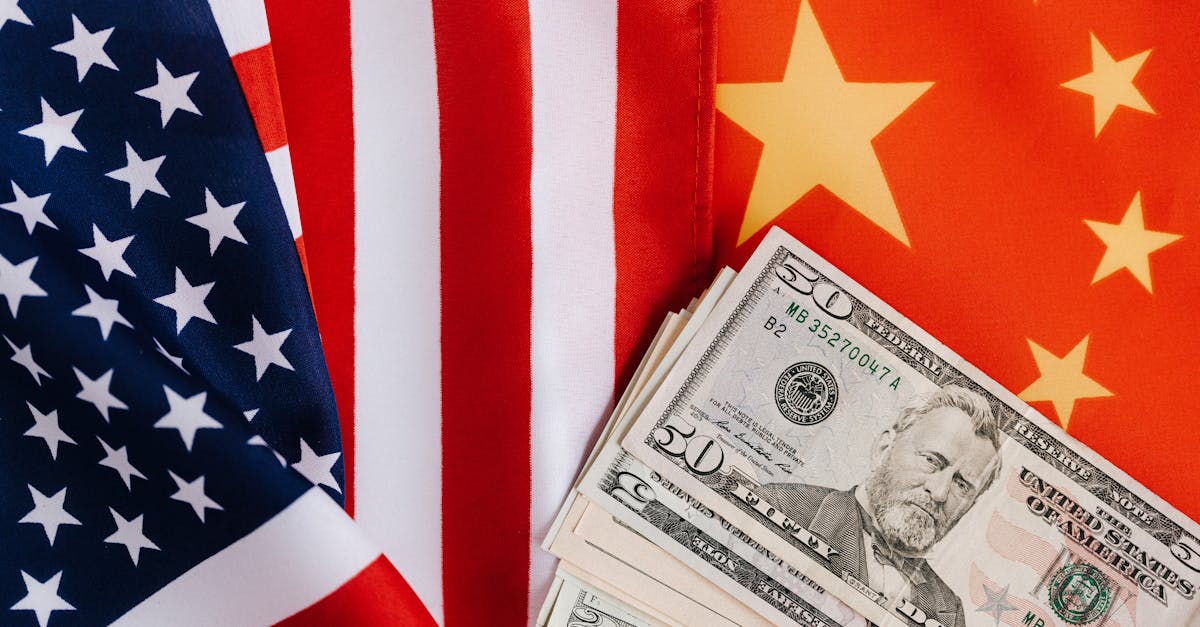Physical Address
304 North Cardinal St.
Dorchester Center, MA 02124
Physical Address
304 North Cardinal St.
Dorchester Center, MA 02124


November 21, 2025 – In a dramatic policy reversal, former President Donald Trump announced today that a U.S. official will indeed attend the G20 summit in South Africa. This decision ends weeks of speculation and strategic ambiguity, shocking political analysts worldwide. A White House insider described the move as “a calculated pivot to pursue American interests.”
The unexpected decision broke as news late last night. Initially, Trump had indicated that the U.S. might skip the G20 in an unprecedented move to signal discontent with multilateral cooperation. The G20 summit, due to take place in Johannesburg, South Africa, represents a critical moment for global leaders given ongoing tensions over trade, technology policies, and climate commitments.
The announcement comes after significant international pressure and strategic lobbying from key allies who are worried about the impact of a no-show by the U.S. The presence of a U.S. official now allows room for dialogue on pressing issues like climate change, economic cooperation, and geopolitical stability.
Sources within the State Department have confirmed that Special Envoy for International Relations Sarah Johnson will attend, marking her debut on such a significant global stage. This move is interpreted by some analysts as an opportunity to negotiate from a redefined position of strength.
The G20 summit is more than a meeting—it is a symbol of multilateralism, aligning world’s powers on collaborative efforts amidst evolving geopolitical landscapes. Trump’s decision signals a shift in his trademark nationalist approach, choosing instead to engage allies and adversaries alike. The U.S. presence at the G20 is pivotal for several reasons:
This move could transform international dynamics, potentially realigning partnerships and collaborations.
Unsurprisingly, the announcement sparked a flurry of reactions across social media platforms. On Reddit, users engaged in heated debates under the trending thread “#USAttheG20.” Comments ranged from supportive to skeptical:
“Finally! A step towards sensible diplomacy,” one user posted, garnering thousands of upvotes.
On Twitter, prominent voices chimed in. @PolicyPundit tweeted, “Loss of U.S. leadership at the G20 would be a tectonic shift. Glad to see strategic sense prevail.” Conversely, @ForeignAffairsAnalyst argued, “Engagement doesn’t equal agreement. Let’s see how this plays out.”
The online discourse reflects broader public immensity over America’s global strategy.
Political experts have weighed in on the implications of the sudden change. Dr. Emily Carter, a prominent political analyst at Georgetown University, suggests this may be an astute recalibration: “Trump’s decision indicates an acknowledgment that isolationism has its limits. As global challenges like climate change and trade disputes intensify, engagement is crucial.”
Furthermore, European experts are cautiously optimistic. Dr. Johannes Müller, a senior fellow at the European Policy Centre, comments, “An American absence would leave a vacuum easily filled by other rising global powers. Re-engaging is essential to maintaining influence.”
The shift could also have ripple effects across domestic policies, offering bipartisan opportunities and challenges. Dr. Sarah Li, Head of Global Strategy at the Wilson Center, elaborates: “This decision could leverage bipartisan support back home. Domestic industries stand to benefit indirectly from trade agreements discussed during such summits.”
With the G20 summit looming, all eyes will be on the U.S. diplomatic delegation. Their approach towards collaborative solutions and commitments at the summit will be crucial. Key areas of focus are expected to include:
The path forward will require not just promises but demonstrable commitment and follow-through strategies.
Trump’s last-minute decision to send a U.S. representative to the G20 in Johannesburg is a striking realignment strategy, emphasizing diplomacy over mere rhetoric. As Sarah Johnson steps into the spotlight, the stakes are undeniably high. The world will be watching closely, anticipating how U.S. strategic participation will unfold amidst global complexities and alliances.
This pivot stands as a testament to the evolving nature of international relations, where global leadership is expressed not just through power but participation and collaboration.